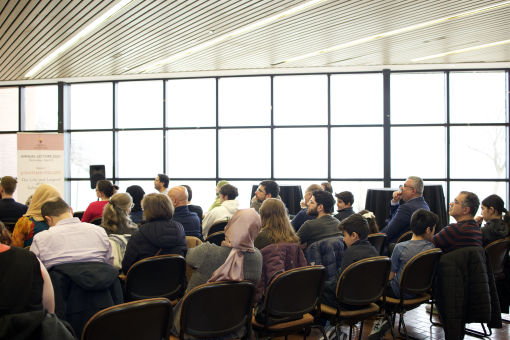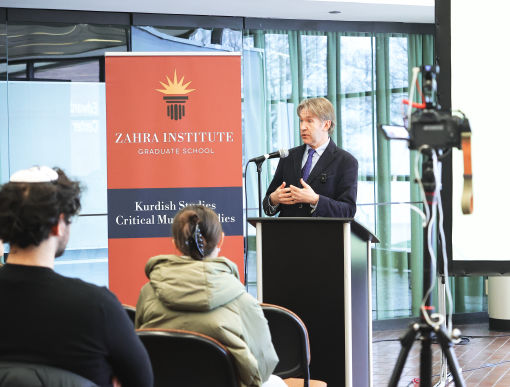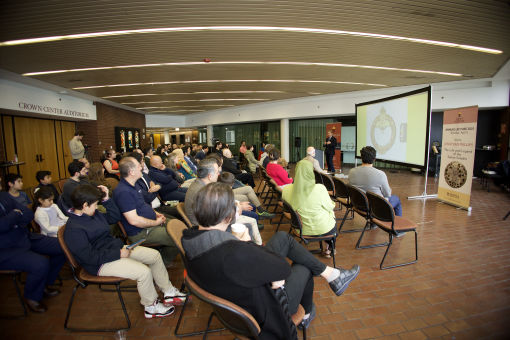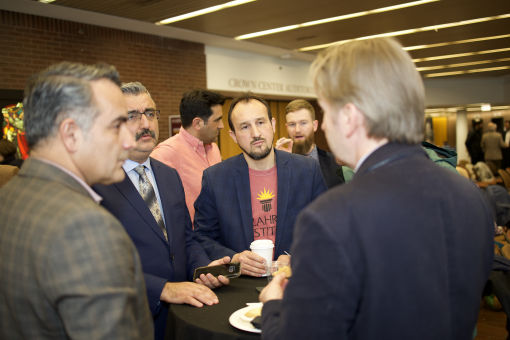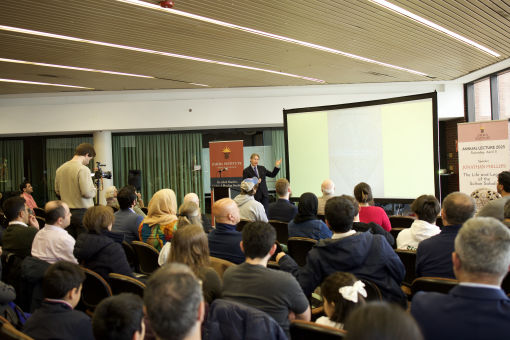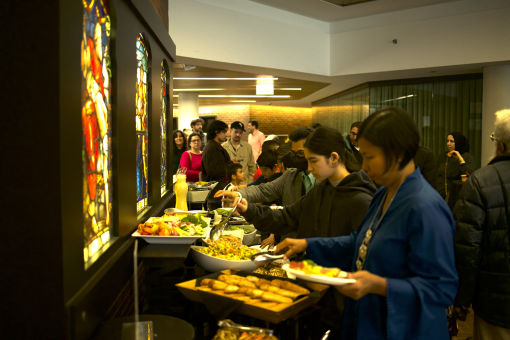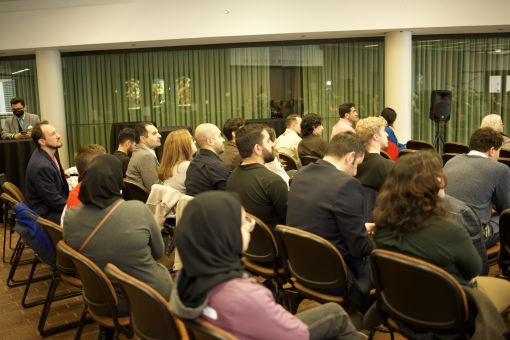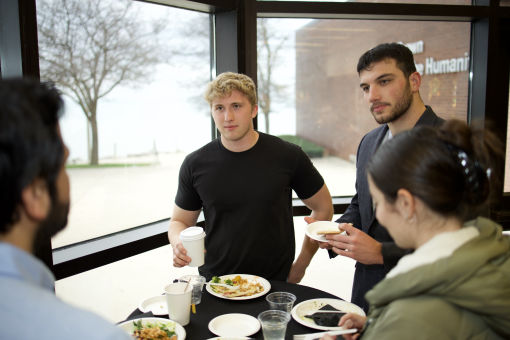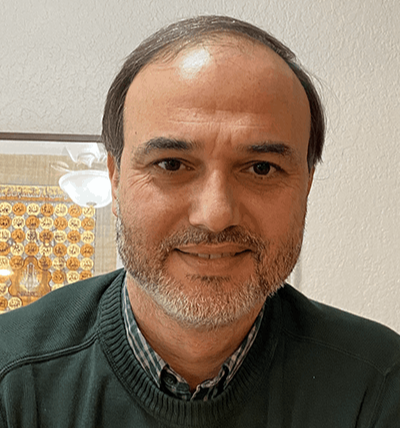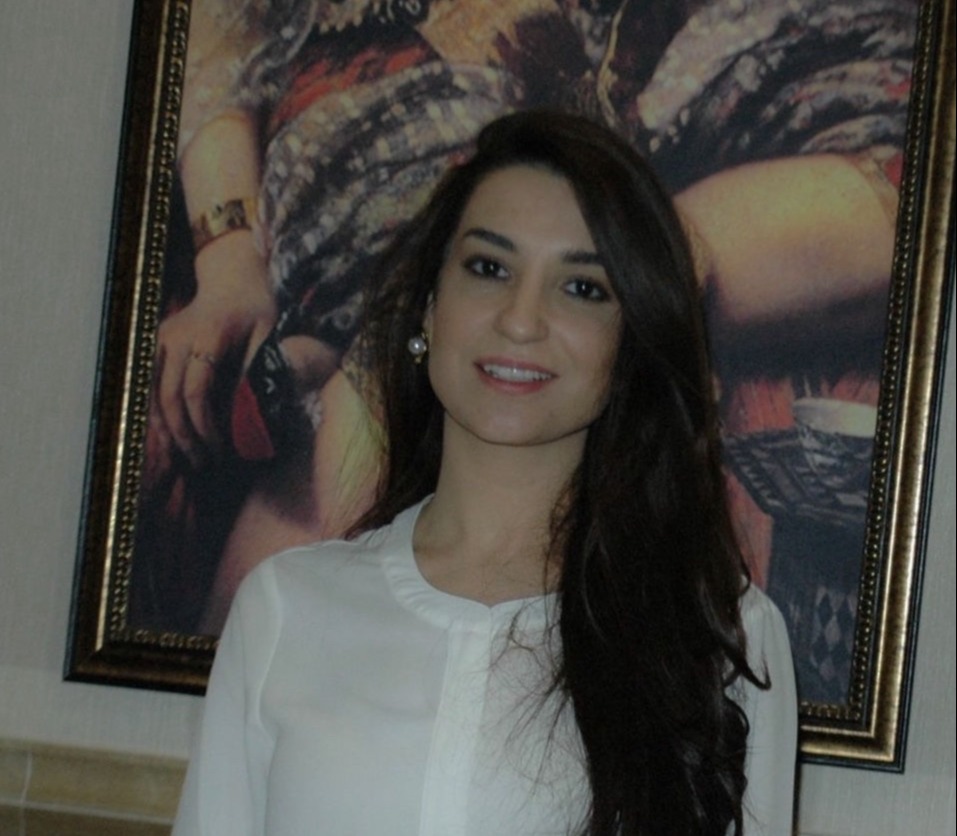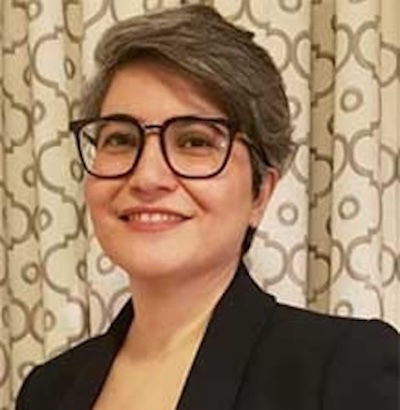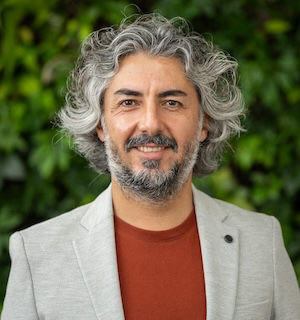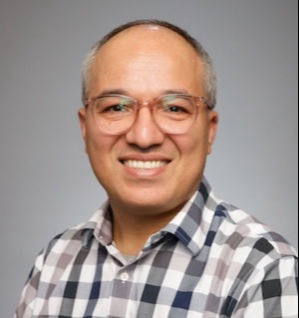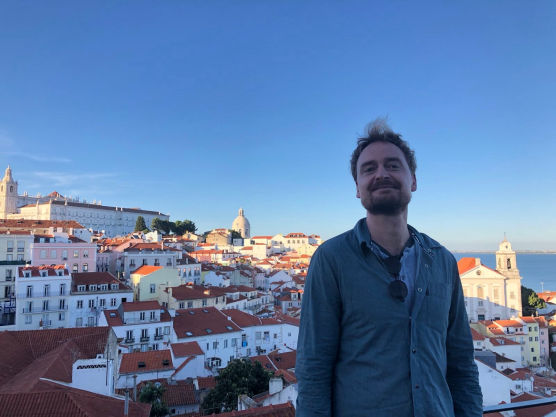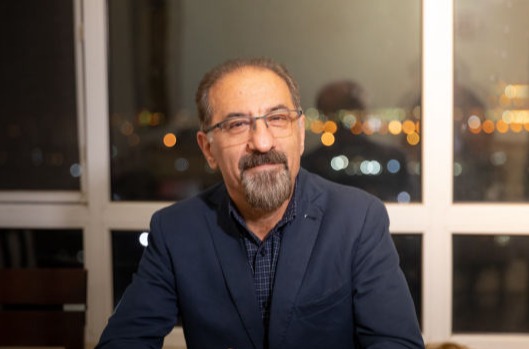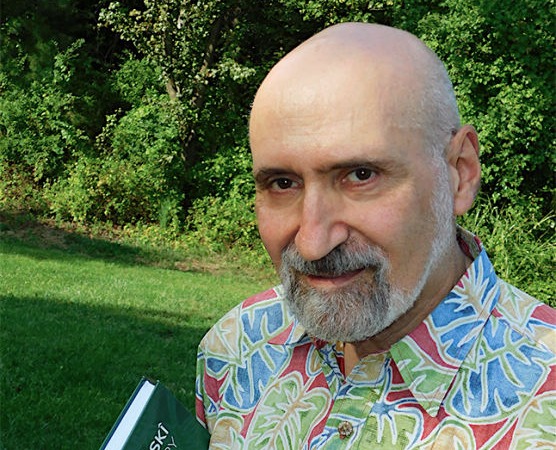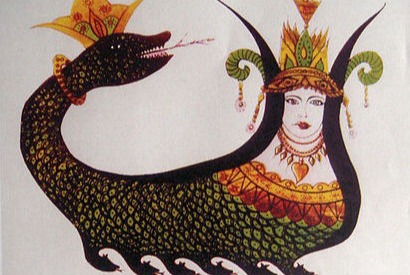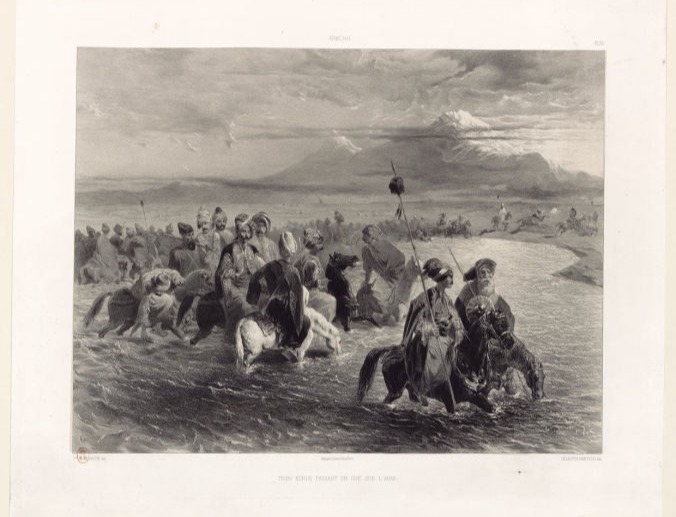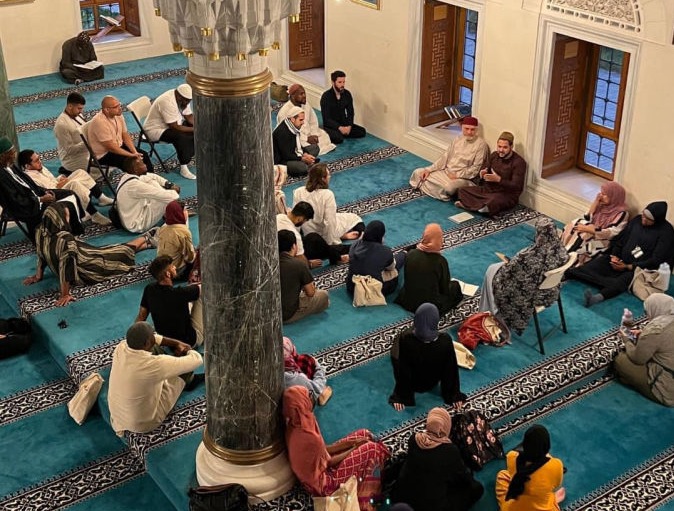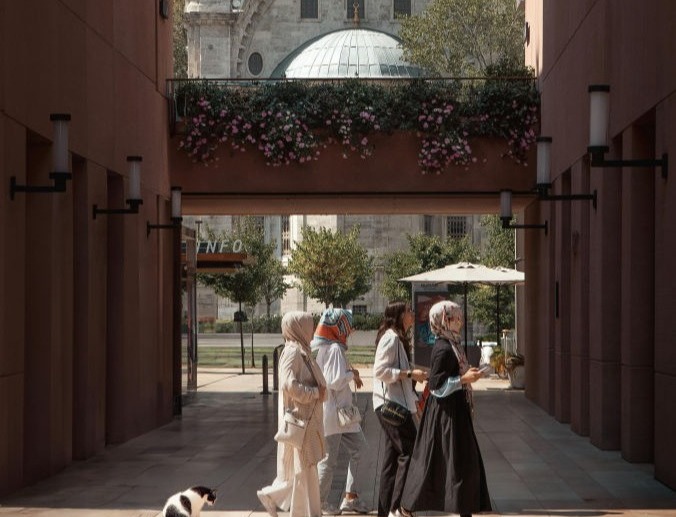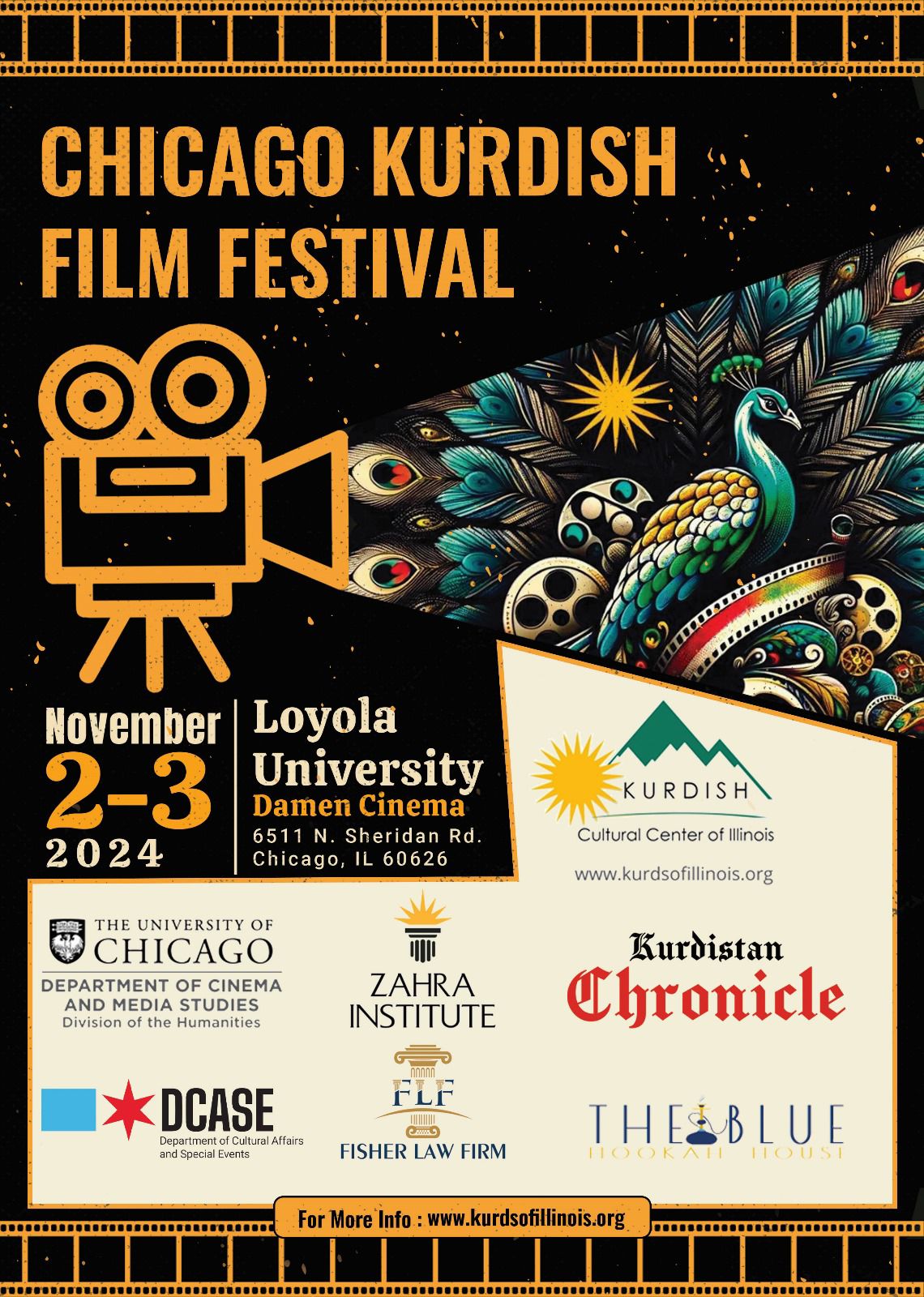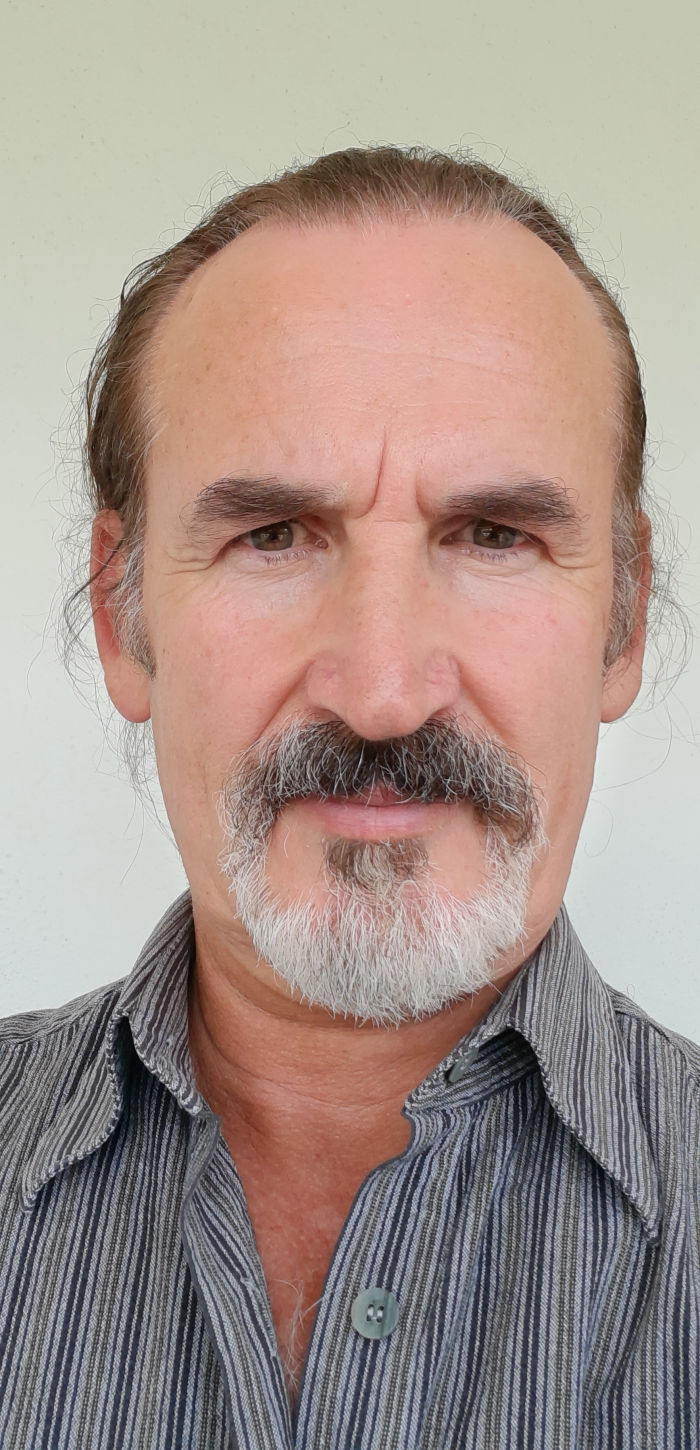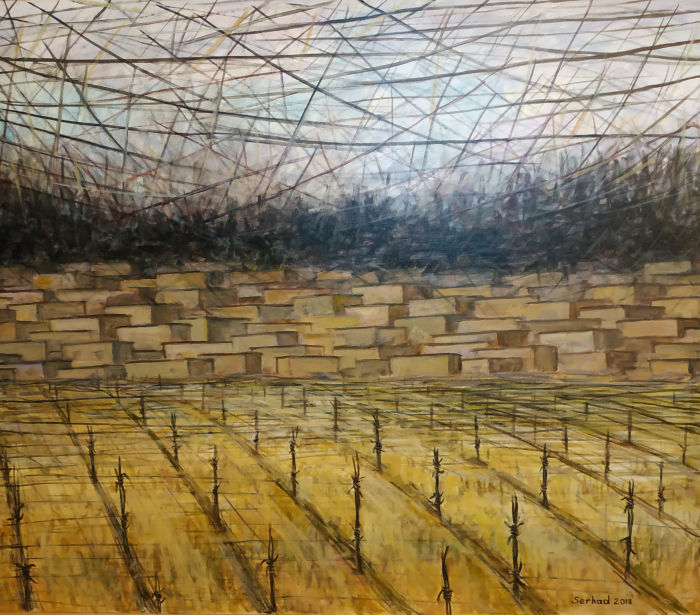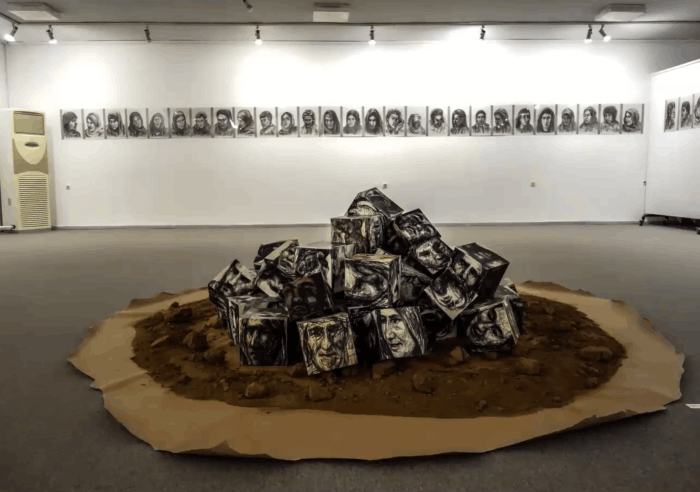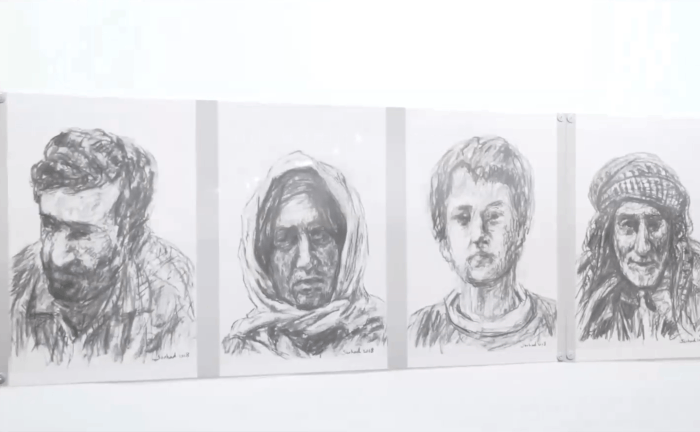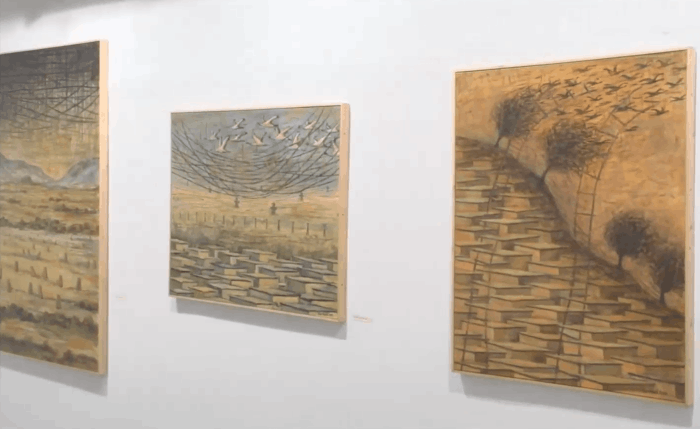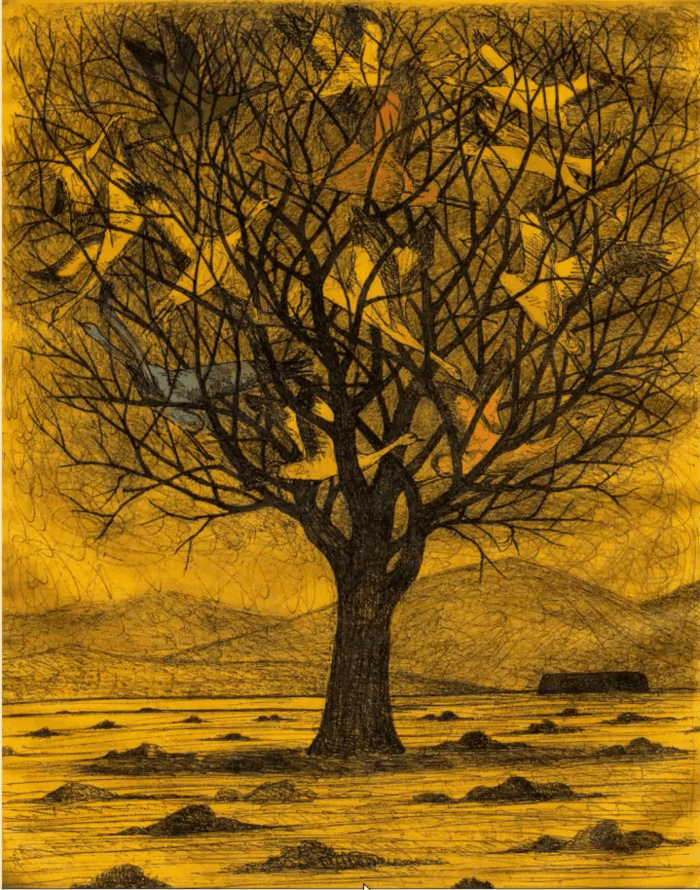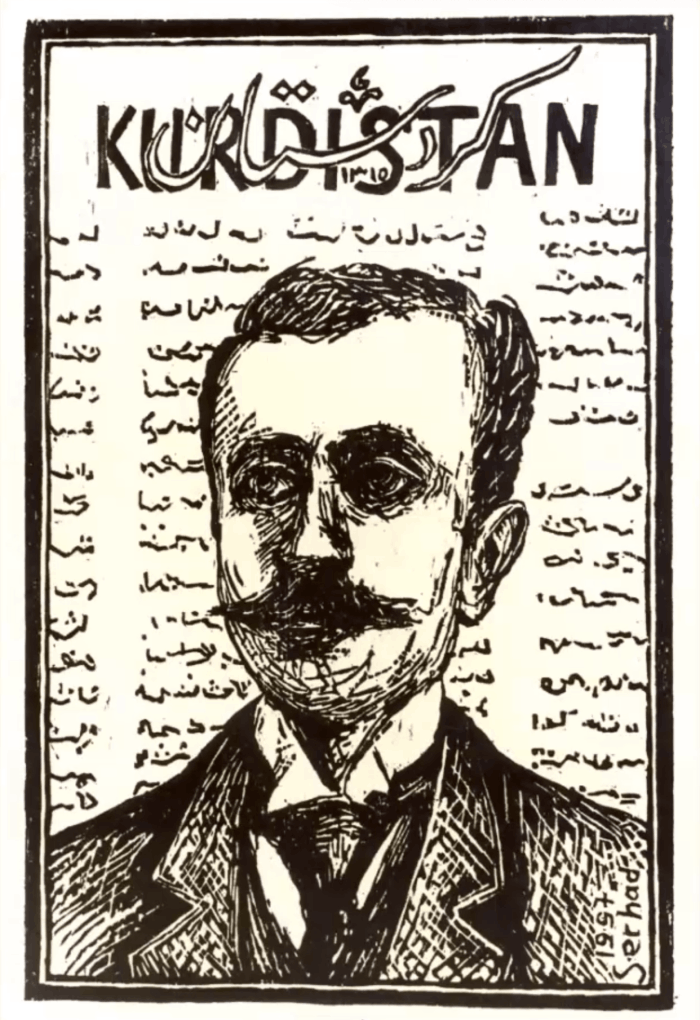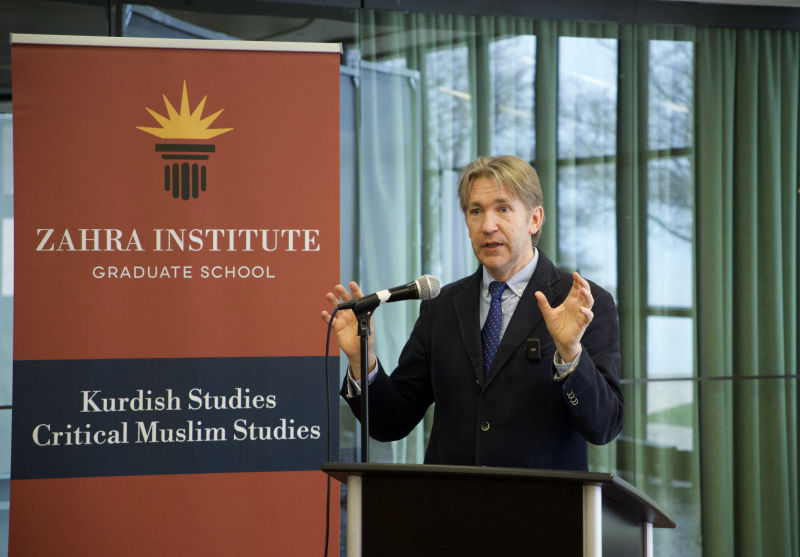
JONATHAN PHILLIPS
Royal Holloway, University of London
ANNUAL LECTURE 2025
On April 5, Zahra Institute was delighted to welcome Jonathan Phillips of Royal Holloway, University of London, for its Fifth Annual Lecture on “The Life and Legend of the Sultan Saladin.” Phillips is the author of several award-winning histories and general editor of the forthcoming Cambridge History of the Crusades. His research focuses on the history of the Third Crusade and the memory of the crusades in Western Europe and the Near East since the eighteenth century.
Phillips’ engaging presentation shed new light on the medieval ruler’s character and milieu and was illustrated with images from both twelfth-century manuscripts and modern depictions of Salahaddin. A lively discussion followed.
The event, held at the Crown Center on the campus of Loyola University Chicago, drew a robust audience of academics and community members, including Chicago-area supporters of ZI and guests from as far away as Washington, DC, and Atlanta. We were especially pleased to see many new faces this year.
